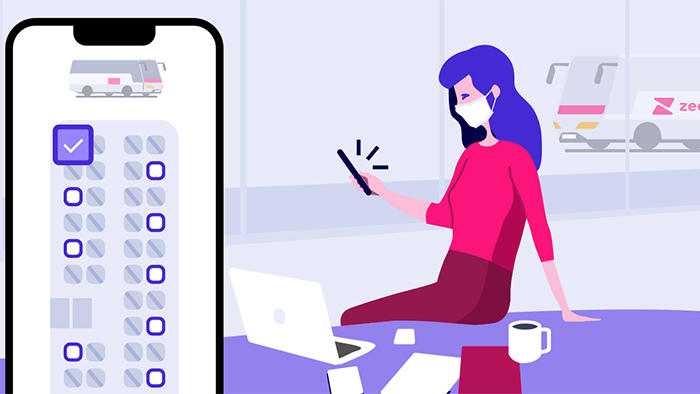Providing a Safe Commute is Now a C-Suite Conversation
- By [ Sam Ryan ]
- 08/05/2020

Covid-19 has accelerated e-commerce growth and forced a large-scale displacement in the labor force. Layoffs in sectors like hospitality and aviation present an opportunity for employers in an otherwise competitive labor market in warehousing, logistics, and manufacturing. As e-commerce and logistics locations scale up, many of them have invested in commuting initiatives to act as the bridge to access this talent.
Zeelo has been supporting employers such as Ocado, Amazon, and Henkel across 4 countries to provide dedicated smart bus services that are designed to meet shift patterns and act as a safe ‘bubble’ to reduce the risk of a COVID-19 outbreak. Zeelo uses data to design routes around current employees or potential recruitment zones, mobile apps for riders to manage subscriptions and track their vehicle, and a 24/7 support team to make sure everything runs smoothly. All services are equipped with technology and processes for distancing, contact tracing, and antiviral sanitization.

As employers continue to operate, recruit more staff and others welcome back those working from home, the commute will present a significant hurdle. Employers who choose to invest now will reap benefits well beyond their immediate needs, maintaining the commute as a C-suite conversation for many years to come.
Tags
-
Technology & Innovation


